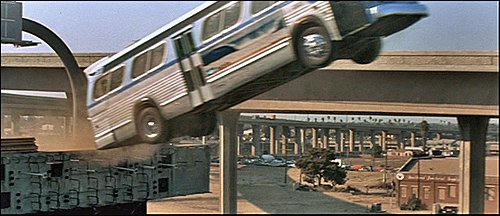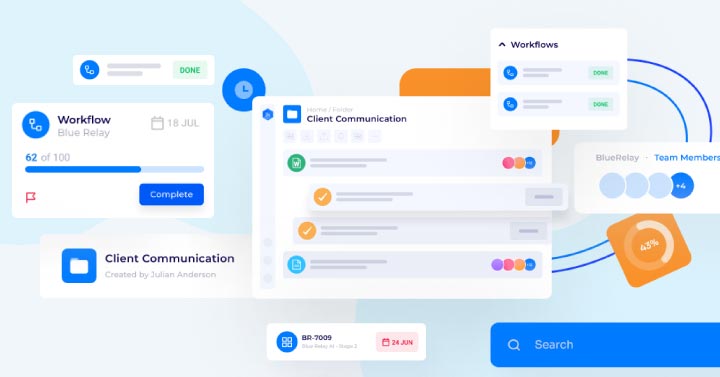The question is simple – when should you ask for help?
I think we’ve all been there. We’re given a task that we have to complete. As we make progress toward completing the task we may hit a speed bump or take a detour, but sometimes it feels like we’ve come to a road block. Not the kind of road block you’re willing to bypass if your car is small or old enough to do so. No, the roadblock I’m talking about is more like the one from Speed:

This works on two accounts – 1) It sure seems impossible. 2) With a little movie magic – nothing is impossible!
And this is what I’m getting to. Our problem is not impossible, it just seems like it. So what do you do in those scenarios? Here’s what I’ve tried:
- Walking away from the problem and coming back to it later
- Sleeping on it and hoping my subconscious is even smarter
- Wiping the slate clean and starting the problem anew
- Asking for help
Of all the “solutions” above, only one genuinely works time and time again. Asking for help.
Whether it gets solved by you simply stating your problem and in the process you reach the solution yourself; or whether the colleague you asked for help just has a slightly different thinking pattern and is able to see what you’ve been missing the whole time, it just seems to work.
But we still have a problem – When can you ask for help? When should you ask for help?
For the answer, I turn to a good rule of thumb for much of life – a happy medium.
Ask too soon and you’ll miss out on a learning experience. We learn from our mistakes. We learn from understanding a problem deeper. Ask too late and you’ve wasted valuable time and probably have made it well past the point of diminishing returns in terms of what you can now learn.
P.S. For the quantitative folks out there, how long is that? 5 hours and 24 minutes.



